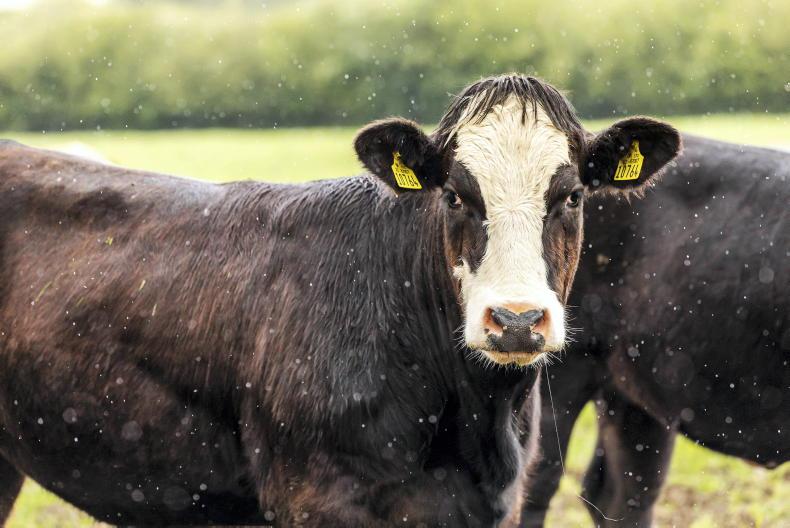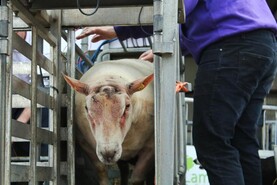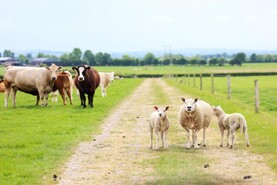Four new cases of bluetongue (BTV-3) have been confirmed in England.
The Department of Environment, Food and Rural Affairs has confirmed these cases, which are the first of the 2025-2026 vector season when the risk of transmission is high.
On Friday 11 July, two cattle were confirmed positive in Herefordshire following a non-negative pre-movement test.
On the same day, one sheep in Oxfordshire was confirmed positive following a report of suspicious clinical signs. The sheep had hot and painful feet, reluctance to move and was generally unwell.
Then on Saturday 12 July, one more sheep in Buckinghamshire was confirmed positive.
This was confirmed following sign of pyrexia, salivation, nasal discharge, swollen muzzle, lips and tongue with congestion in oral mucosa and the sheep was lethargic and unresponsive to treatment.
Restriction
The restricted zone for bluetongue has been extended to cover all of England.
Farmers can now move animals within England without a specific bluetongue licence or pre-movement testing.
However, farmers will need a specific licence to freeze germinal products (semen, ova and embryo) anywhere in England and testing will be required. Keepers will be responsible for the cost of sampling, postage and testing.
A spokesperson for the department said: “The risk of transmission via infected midges is now considered to be very high in England.”
Read more
The latest movement regulations for breeding sheep
Bluetongue approved red markets in Wales
Four new cases of bluetongue (BTV-3) have been confirmed in England.
The Department of Environment, Food and Rural Affairs has confirmed these cases, which are the first of the 2025-2026 vector season when the risk of transmission is high.
On Friday 11 July, two cattle were confirmed positive in Herefordshire following a non-negative pre-movement test.
On the same day, one sheep in Oxfordshire was confirmed positive following a report of suspicious clinical signs. The sheep had hot and painful feet, reluctance to move and was generally unwell.
Then on Saturday 12 July, one more sheep in Buckinghamshire was confirmed positive.
This was confirmed following sign of pyrexia, salivation, nasal discharge, swollen muzzle, lips and tongue with congestion in oral mucosa and the sheep was lethargic and unresponsive to treatment.
Restriction
The restricted zone for bluetongue has been extended to cover all of England.
Farmers can now move animals within England without a specific bluetongue licence or pre-movement testing.
However, farmers will need a specific licence to freeze germinal products (semen, ova and embryo) anywhere in England and testing will be required. Keepers will be responsible for the cost of sampling, postage and testing.
A spokesperson for the department said: “The risk of transmission via infected midges is now considered to be very high in England.”
Read more
The latest movement regulations for breeding sheep
Bluetongue approved red markets in Wales






 This is a subscriber-only article
This is a subscriber-only article










SHARING OPTIONS: